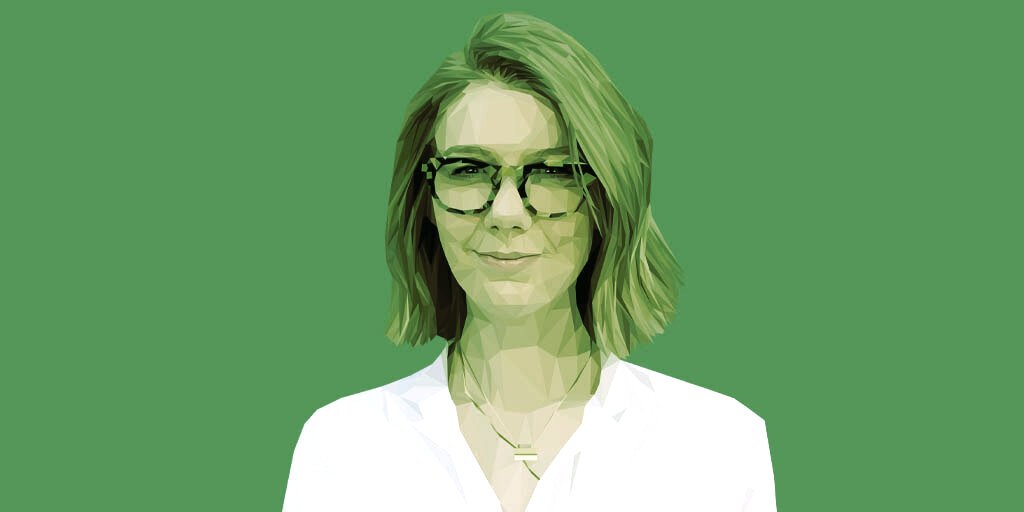Menu
Search
About
The quick-swipe stock trading app launched in 2013, and didn't add crypto for five years. It started with Bitcoin and Ethereum trading only in February 2018, then in July added Litecoin, Bitcoin Cash, and Dogecoin—and got major blowback for the latter. (Throughout the crypto surge of 2021, DOGE was a drug for Robinhood until it became an albatross.)
Since then it has added Bitcoin SV, Ethereum Classic, Compound, Polygon, Solana, and Shiba Inu, bringing the number of total supported coins to 11.
Christine Brown was there for all of it. The former Googler joined Robinhood in 2017, before it had ever touched crypto, then became its first Crypto COO in May 2021 and grew the crypto team from five people to 100 in one year.
At the end of March, she left the company, and is now a co-founder and COO of Floor, an NFT portfolio tracking app that announced an $8 million seed round this week.
Robinhood has certainly had its share problems, including a hideous 56% stock drop this year, but many might still wonder why an executive would leave a publicly traded financial services company with a $6.5 billion market cap for an NFT app.
Brown explains the jump on Decrypt's latest gm podcast, saying she's left a place that purely services financial investing for an industry that she believes is about a lot more than that.
"I think a lot of people see a very small part of the NFT space today, and they think, ‘Oh, it represents speculative trading or financial positions.' That is where you might see some overlap with the Robinhood brand," Brown said. "But I think NFTs will actually power an immense number of use cases, from things that we already know such as art, tickets memberships, to things that we don't know yet.
"We’re so early, and there's so much that can be built on top of this initial use case, that to me it actually feels much bigger than just an investment vehicle, which is where Robinhood's focus was," she added.
Brown said she's all in on NFTs, and invokes the popular comparison of We3 to the very early days of the internet, with the picks and shovels still being built and sold, and skeptics still unable to see the big-picture coming down the line.
"If you would have told those initial builders I would use this to get a cab to take me somewhere, and I wouldn't have to actually hail it, I wouldn't have to pay for it with cash, they might be a little bit surprised that that's what they were building for at the time," Brown said. "And I think that’s what we'll see with NFTs as well."
In touting the potential of NFTs, Brown also brought up Dogecoin, and Robinhood's tumultuous experience with DOGE trading on its app last year.
"Dogecoin had a moment last year on Robinhood's platform, and a lot of people were like, 'This is a meme coin. Why support it? Why trade it? This is a bad thing for crypto overall,'" Brown said. "And I actually think it got a bad rap, and in a lot of ways does not get the credit it deserves for helping onboard people into the space.
She continued: "Dogecoin, at the time, made it really easy for people to be like, 'Yeah, this is for me. It's a coin with a dog on it, and I can start with $1, and I can just try it out and see what happens and dip my toe in and go from there.' And I think in a lot of ways NFTs are that, but on a much grander, bigger scheme, because it does have more use cases beyond just financial speculation."
Brown also named her favorite NFT collections and gave her predictions for what will happen next in the crowded NFT space as well as the competition between exchanges like Coinbase and FTX and fintech apps like Robinhood, PayPal, and Square.
Listen to the full gm podcast episode and subscribe wherever you get your podcasts.
Author
Administraroot

